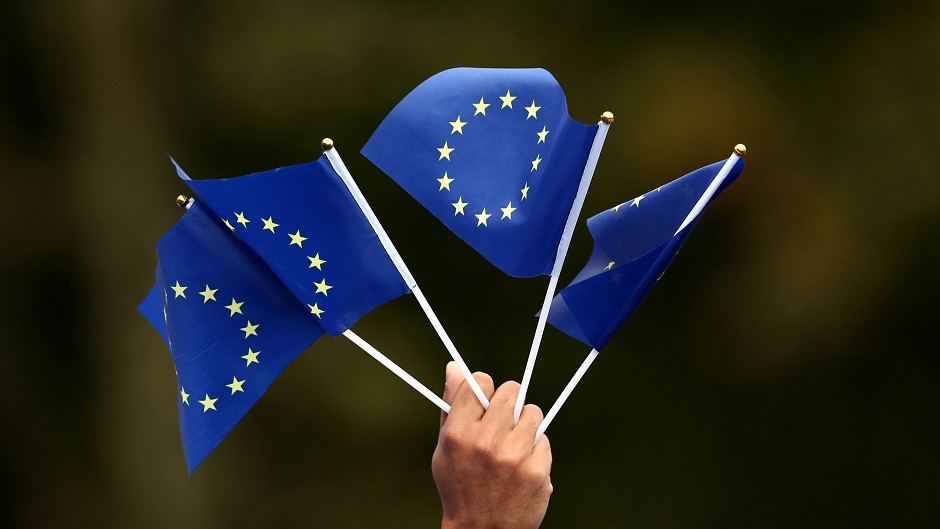Profitability of British farmers would be put at risk if a referendum led to the country leaving the European Union.
MPs warned that a domestic government would find it difficult to justify giving direct payments to farmers if the industry was no longer governed by the Common Agricultural Policy.
Leaving the EU would also prevent the UK from enjoying the same access to export markets as it currently does.
Speaking at the NFU conference in Birmingham on Wednesday (26 February) shadow farm minister Huw Irranca-Davies said farmers would also find it tough to convince the public that direct subsidies were necessary, particularly in the current economic climate.
While there was a case for EU reform, there were more benefits to be had from staying in the union than leaving it, he added.
“We need more decision-making in member states, but let’s keep the good stuff in there,” he said.
“We have massive markets to export our produce because countries trust our farmers and our standards. I dread to think what would happen for UK farming if we pulled away.”
Farm minister George Eustice said streamlining the Cap would go some way in improving relationships with the EU and ensuring that financial support for farmers remained.
He said: “The body of law we have in the EU that governs the Cap is dysfunctional and we need to sort it out so that people are happy to stay in the EU.”
However UKIP MEP Stewart Agnew said it was wrong to suggest that leaving the EU would result in an end to subsidies.
He said the UK’s budget for foreign aid could be partially diverted to ensure farmers were paid £80 an acre.
The politicians’ comments came after EU farm commissioner Phil Hogan told farmers that they should not doubt the importance of the EU or the Cap.
Addressing the conference for the first time as commissioner, Mr Hogan said he had high ambitions for UK agriculture and the Cap was the right vehicle to deliver them.
He said he was aware the UK viewed the EU and its policies critically, but said latest reforms of the Cap addressed many criticisms by linking direct payments to providing public goods.
However he was keen to listen to feedback so that he could work to simplify the policy further and encourage greater competitiveness, he added.
